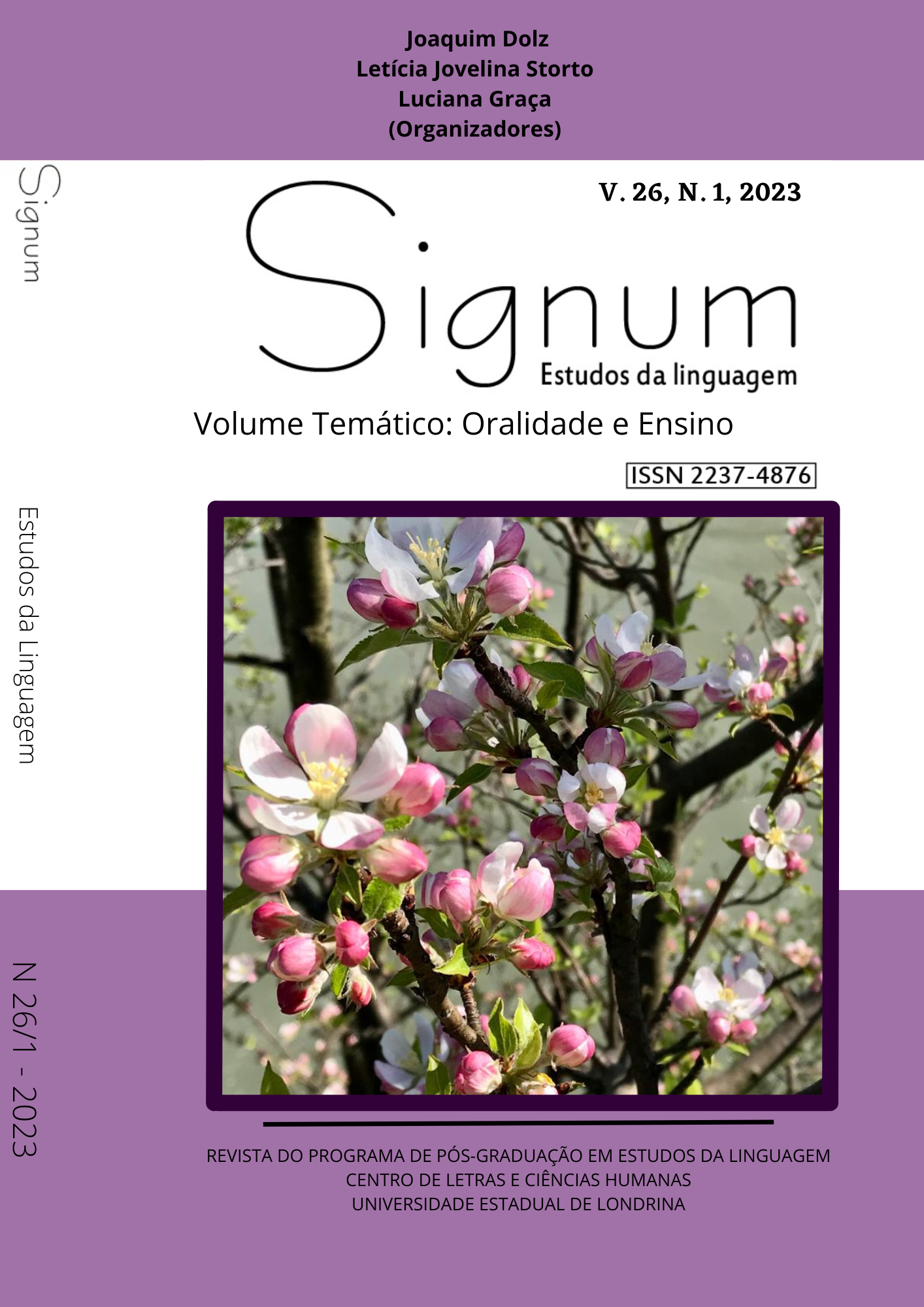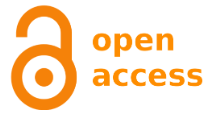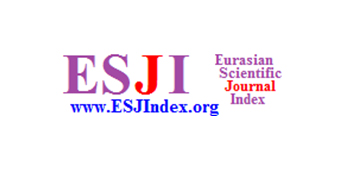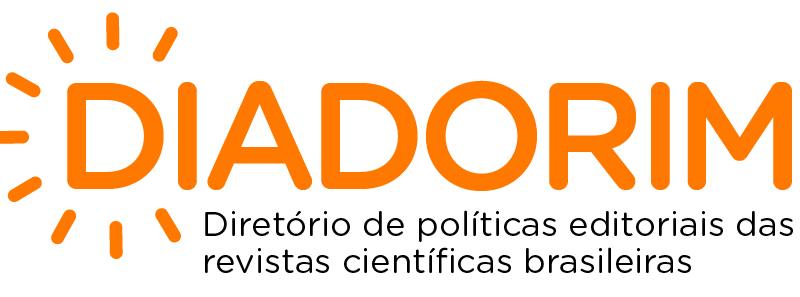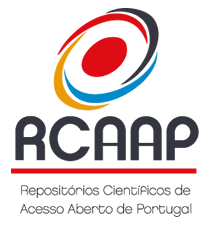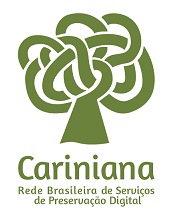Orality in Curriculum Reference Documents
DOI:
https://doi.org/10.5433/2237-4876.2023v26n1p11Keywords:
orality, teaching, curriculum documentsAbstract
The main purpose of this article is to analyze the curricular reference documents for the teaching of Portuguese in Portugal. To this end, it starts by presenting a proposal of conceptualization of the oral text as a multimodal reality consisting of verbal, paraverbal and non-verbal plans, which is materialized in each textual genre, and therefore also involves a given communication situation. Next, based on the reading of the Aprendizagens Essenciais (2018), we identify the elements that the document associates with the oral competence, in order to understand the concept that official documents convey of the oral and what plans / constituent elements of the oral text are explicitly referred to for the development of knowledge, skills and attitudes considered. The analysis of these aspects will show that, although orality is assumed as a central competence of the curriculum, these official documents do not consider all the elements of orality, do not foresee certain aspects in a systematic way and do not consider an evolution in the scope of its approach in didactic context.
Downloads
References
ADAM, J.-M. Les textes: types et prototypes: Récit, description, argumentation, explication et dialogue. 4e ed, Paris: Nathan, 2001.
AMOR, E. Didática do português: fundamentos e metodologia. 6ª ed., 4ª tir., Lisboa: Texto, 2006.
BRONCKART, J-P. Activité langagière, textes et discours. Pour un interactionisme socio-discursif. Lausanne, Paris: Delachaux et Niestlé, 1996.
BRONCKART, J-P. Atividade de linguagem, textos e discursos: por um interacionismo sócio-discursivo. São Paulo: EDUC, 2003.
BUESCU, H., MORAIS, J., ROCHA, R., MAGALHÃES, V. Programa e Metas Curriculares de Português do Ensino Básico. 2015. Disponível em: https://www.dge.mec.pt/sites/default/files/Basico/Metas/Portugues/pmcpeb_julho_2015.pdf. Acesso em 20 de dezembro 2022.
COLOGNESI, S.; DOLZ, J. Faire construire des scénarios pour développer les capacités orales des élèves du primaire. In: PIETRO, J.-F. de; FISHER, C.; GAGNON, R. L’oral aujourd’hui: perspectives didatiques. Namur: Presses Universitaires de Namur, 2017, p. 177-196.
DOLZ, J.; SCHNEUWLY, B. Pour un enseignement de l’oral: Initiation aux genres formels à l’école. 4e éd. Paris: Issy-les-Moulineaux, 2009.
DOLZ, J.; SCHNEUWLY, B. Gêneros orais e escritos na escola. Tradução e organização por Roxane Rojo e Glaís Sales Cordeiro.Campinas: Mercado de Letras, 2004.
MARQUES, C. A argumentação oral formal em contexto escolar. Tese (Doutoramento em Língua Portuguesa: investigação e ensino), Faculdade de Letras da Universidade de Coimbra, Coimbra, 2011. Disponível em: https://estudogeral.uc.pt/handle/10316/18135?mode=full. Acesso em 2 de janeiro 2023.
MARQUES, Carla. Da literatura à oralidade: o género texto de opinião. In: ENCONTRO DA ASSOCIAÇÃO DE PROFESSORES DE PORTUGUÊS (ENAPP), 12., 2017, Lisboa. Atas do 12.º encontro da Associação de Professores de Português. Lisboa: Santillana e Plátano Editora, 2017. CD-ROM. Disponível em: https://www.researchgate.net/publication/333263314_Da_literatura_a_oralidade_o_genero_texto_de_opiniao. Acesso em: 17 janeiro 2023.
MARQUES, C. O texto oral de opinião: um ponto de situação. In: CAELS, F; BARBEIRO, L.; SANTOS, J. Discurso Académico: Uma Área Disciplinar em Construção. Coimbra e Leiria: CELGA-ILTEC / Politécnico de Leiria, 2019. Disponível em: https://sites.ipleiria.pt/1enda2018/files/2020/01/Discurso-Acad%C3%A9mico_ENDA1.pdf. Acesso em 18 de janeiro 2023.
MARQUES, C. Expressão oral: entre a avaliação holística e a avaliação analítica. In: AIDO (dir.) Palavras. Revista da Associação de Professores de Português. Lisboa, n.º 58-59, 2022a, p. 43-53. Disponível em: https://palavras.appform.pt/ojs/index.php/Palavras/article/view/146. Acesso em 5 de janeiro 2023. DOI: https://doi.org/10.61248/palavras.vi58-59.146
MARQUES, C. Estratégias de apresentação de opinião em alunos de ensino básico e secundário: a abertura e a introdução. Veredas. Revista de estudos linguísticos. v. 26 (n.1), p. 226-246, 2022b. Disponível em: https://periodicos.ufjf.br/index.php/veredas/article/view/37925. Acesso em 5 de janeiro 2023.
MARQUES, C; BARBEIRO, C. Reconto e Relato: Propostas de análise de narrativas orais em contexto escolar. In: SILVA, P. N. et al. Teorias discursivas em análise. Perspetivas e análises. Coimbra: Grácio Editor, 2022c, p. 97-129. Disponível em: https://sites.ipleiria.pt/pge/files/2022/12/Teorias-discursivas-em-dialogo_ebook-2.pdf. Acesso em 5 de janeiro 2023.
MARTINS, G. O. (coord.)., Perfil dos Alunos à Saída da Escolaridade Obrigatória. Lisboa: Ministério da Educação / Direção Geral da Educação, 2017. Disponível em: https://dge.mec.pt/sites/default/files/Curriculo/Projeto_Autonomia_e_Flexibilidade/perfil_dos_alunos.pdf. Acesso em 22 de dezembro 2022.
MINISTÉRIO DA EDUCAÇÃO. Aprendizagens essenciais. Ensino Básico. 2018. Disponível em: http://www.dge.mec.pt/aprendizagens-essenciais-ensino-basico. Acesso em: 2 janeiro 2023.
MINISTÉRIO DA EDUCAÇÃO. Programa de Língua Portuguesa. 1991.
MIRANDA, F. Textos e géneros em diálogo. Uma abordagem linguística da intertextualização. Lisboa: FGC/FCT, 2010.
REIS (coord.) et al. Programa de Português de Ensino Básico. 2009. Disponível em: http://www.metasdeaprendizagem.dge.mec.pt/metasdeaprendizagem.dge.mec.pt/wp-content/uploads/2010/09/ProgramadePortuguesEB.pdf. Acesso em 20 de dezembro 2022.
SCHNEUWLY, B. Gêneros e tipos de discurso: Considerações psicológicas e ontogenéticas. In: SCHNEUWLY B.; DOLZ, J. (Orgs.) Gêneros Orais e Escritos na Escola. Campinas: Mercado de Letras, 2004, pp. 21-40.
SILVA, P. N. Tipologias textuais. Como classificar textos e sequências. Coimbra: Almedina/Celga, 2012.
VILÀ i SANTASUSANA, M. (coord.) et al. El discurso oral formal. Contenidos de aprendizaje y secuencias didácticas. Barcelona: Graó, 2005.
Downloads
Published
How to Cite
Issue
Section
License
Copyright (c) 2023 Carla Maria Gerardo Henriques da Cunha Marques

This work is licensed under a Creative Commons Attribution-NonCommercial-NoDerivatives 4.0 International License.
This journal reserves the right to make, in the originals, normative, orthographic and grammatical modifications in order to maintain the standard language and the credibility of the publication. It will respect, however, the authors’ style of writing. Modifications, corrections and suggestions of conceptual order will be forwarded to the authors, if necessary. In these cases, the papers, once appropriate, should be submitted to a new appreciation. The final examinations will not be forwarded to the authors. Works published become property of Signum, being its total or partial reprint subject to an explicit authorization of the journal. In all subsequent quotes the original source of publication should be mentioned, in case, in Photographic Discourse. Opinions emitted by the authors are their exclusive responsibility.